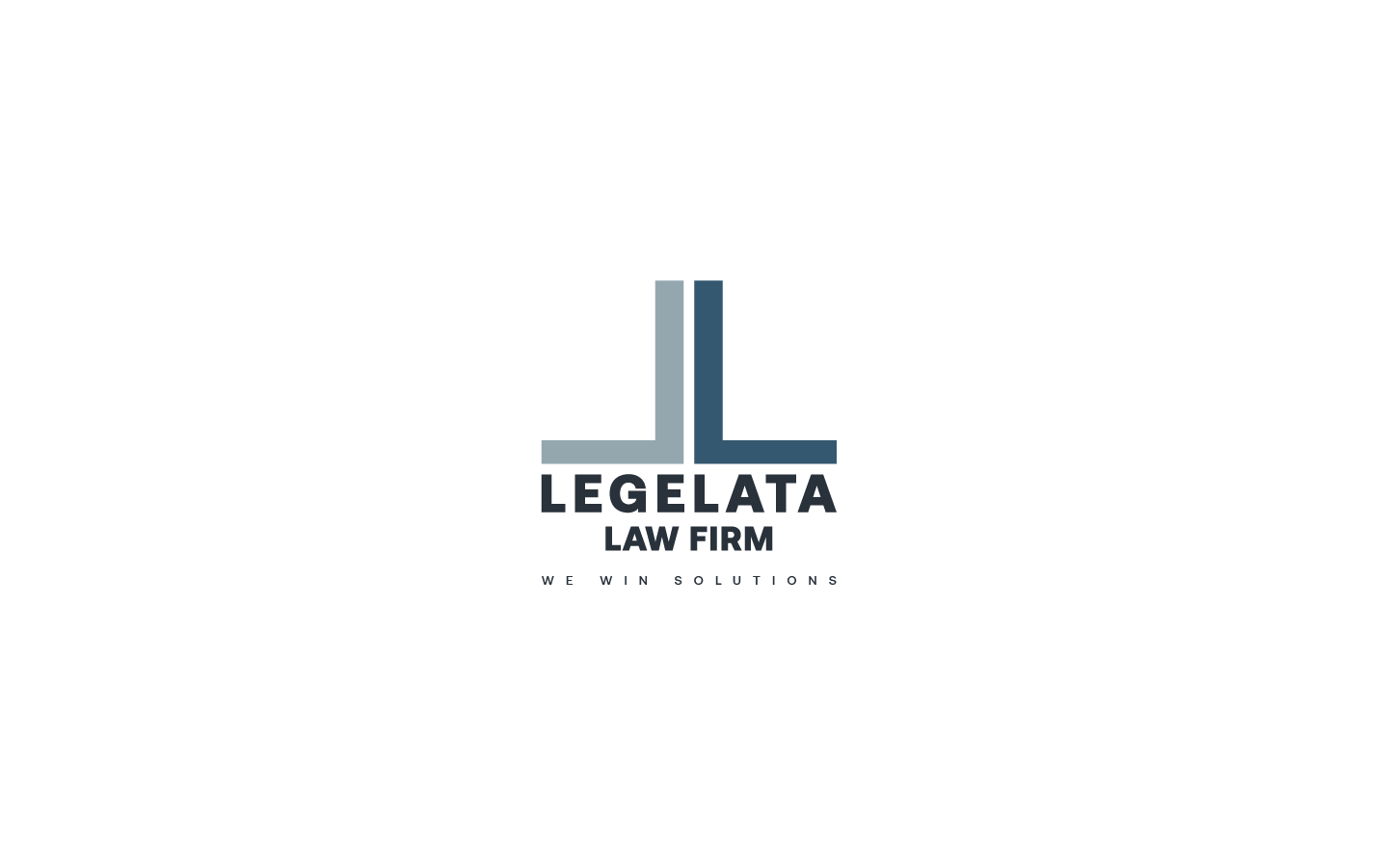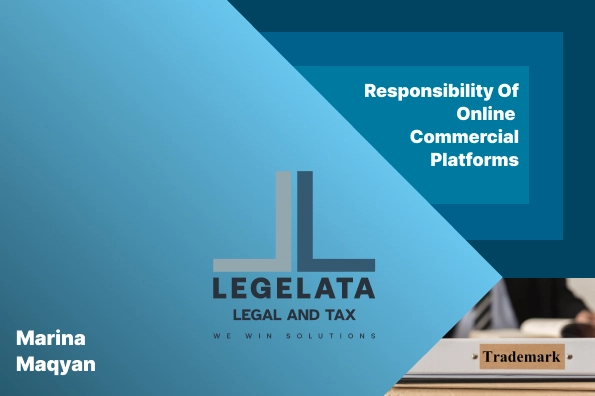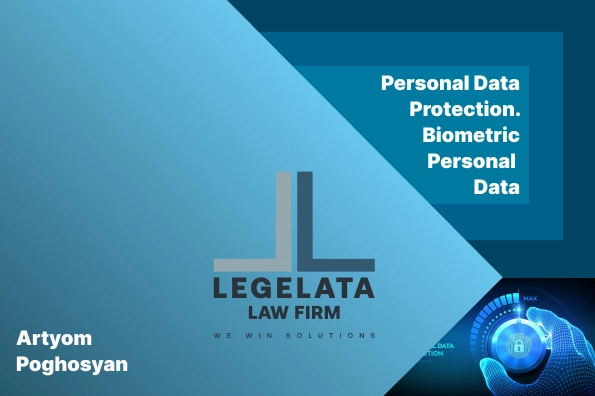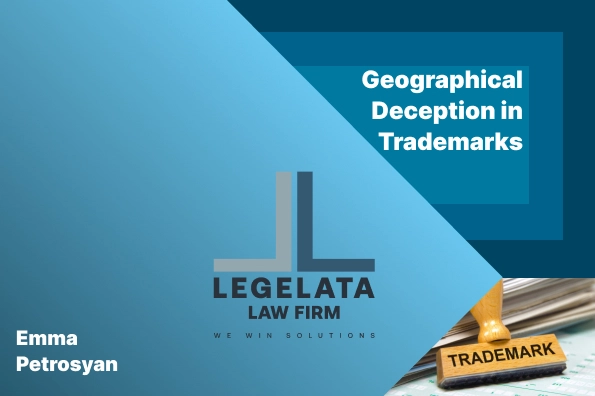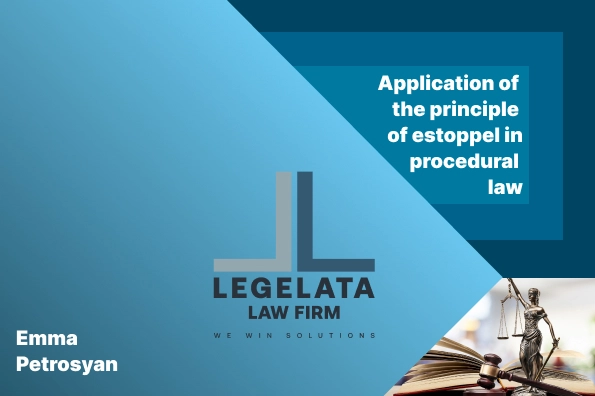The RA Law “On Trademarks” states that a sign shall not be eligible for registration where it is liable for deceiving the public in regard to the geographical origin of the goods or services.
Geographical deception in trademarks refers to the use of a geographic term in a trademark that falsely indicates the origin, source, quality, or characteristics of the goods or services associated with that trademark.
This form of deception not only violates trademark law principles but also undermines consumer trust and distorts market competition.
Geographical deception occurs when a mark suggests that a product or service originates from a certain place when it does not. This can be explicit, through the use of specific place names (like "Swiss Watches" for non-Swiss made watches), or implicit, through symbols and imagery that evoke a particular region (such as using a pyramid or a sphinx for products not made in Egypt).
For a mark to be refused registration or invalidated on these grounds, it must be shown that:
- The mark contains a term that the relevant public directly associates with the geographical location in question.
- The goods or services do not originate from that location.
- Consumers are likely to believe that the goods or services originate from the stated location, and this misconception is a material factor in their purchasing decision.
In view of the above, we can distinguish the following main factors considered during the assessment of geographical deception:
1. Nature of the Mark:
The examination starts with what the trademark explicitly or implicitly conveys. If the mark includes geographic terms (e.g., "Parisian" for non-French products), symbols (e.g., the Eiffel Tower for a service not connected to France), or other elements that evoke a particular location, it could potentially mislead consumers about the geographical origin.
2. Actual Origin of the Product:
This criterion assesses whether there is a direct contradiction between the geographical indication in the trademark and the actual place of production or service provision. For instance, using "Vermont" in the branding for maple syrup not actually produced in Vermont would be misleading.
3. Likelihood of Consumer Misconception:
Central to identifying geographically deceptive trademarks is assessing the likelihood that consumers would be misled into believing that the goods or services originate from the stated geographic location. This evaluation is based on the perspective of the average consumer and their interpretation of the mark.
4. Material Influence on Purchasing Decisions:
The misrepresentation of geographic origin must be material to consumers' purchasing decisions. In other words, the geographic indication should play a significant role in influencing consumers to choose one product over another. If the geographic element is incidental and does not impact consumer choices, it may not meet the threshold for refusal.
5. Intention of the Mark Holder:
While not always a primary criterion, the intent of the trademark holder in using a geographical name can also play a role, particularly if there is evidence suggesting a deliberate attempt to capitalize on a region’s reputation.
However, proving these points, especially the consumer’s belief and its impact on purchasing decisions, can be complex and requires substantial evidence, often including consumer surveys.
Conclusion
In conclusion, geographical deception in trademarks represents a serious challenge in intellectual property law, balancing the fine line between brand creativity and consumer rights. Legal frameworks aim to protect consumers and genuine producers, ensuring that the reputation tied to a geographic name is not unjustly exploited, impacting consumer trust, fair competition, and market integrity.
Author:
Emma Petrosyan
Associate, Legelata Law Firm
DISCLAIMER:
This material is produced for Legelata LLC. The information contained in this piece is provided for general informational purposes only and does not contain a comprehensive analysis of each item described. Prior to undertaking (or not to undertaking) any actions, the reader is advised to seek professional advice tailored to their specific situation. Legelata or the author accepts and holds no liability for acts or omissions taken in reliance upon the contents of the contained information in this material.
LEGELATA LLC 26.04.2024
